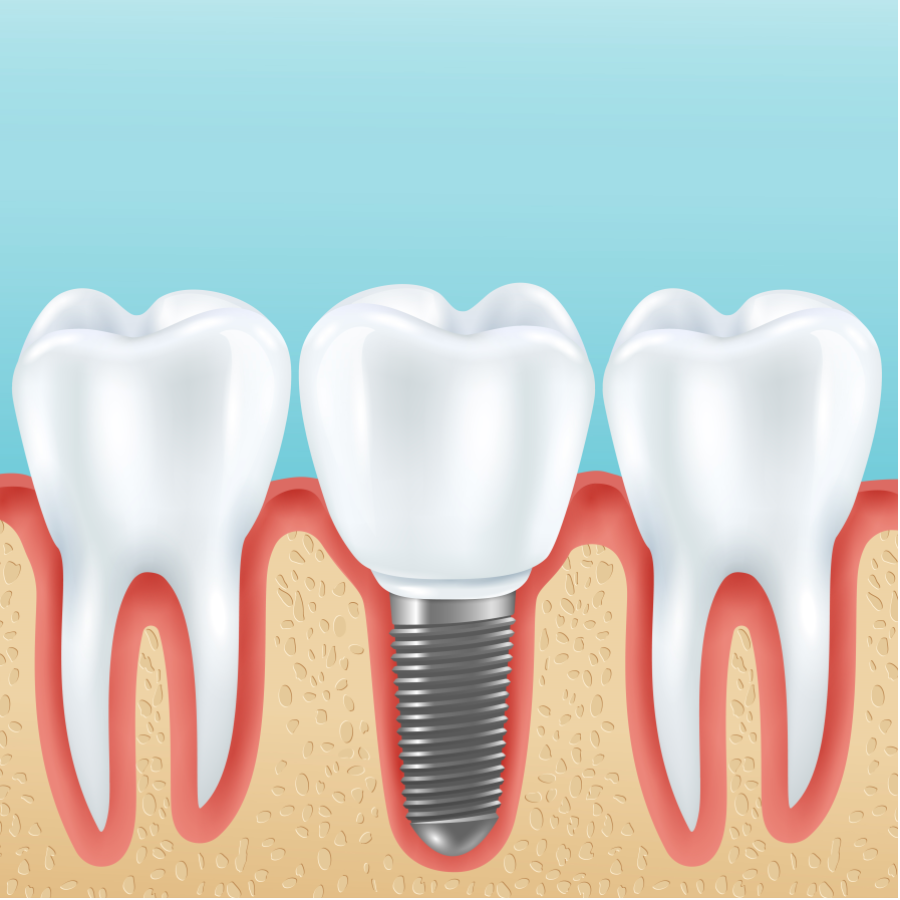Zygoma Implant

Zygoma Implant:
Zygomatic implant, one of the applications used for patients experiencing tooth loss, is surgically placed into the zygomatic (cheek) bone, unlike traditional root-form implant procedures. Its length can range from 30 to 55 millimeters, making it longer than other types of dental implants.
This is one type of dental implant designed for placement in deep layers, specifically in the cheekbone of the upper jaw. It does not undergo atrophic processes for several years after the loss of teeth, making it more stable and reliable, even in elderly individuals.
The Zygoma implantation system is in demand by patients worldwide, and it is not by chance, as it allows for full-fledged implant-supported prosthetics in a significantly shorter time.
Let's take a closer look at the main advantages of Zygoma implants:
No bone augmentation required (Zygoma implant placement is possible in cases of moderate or severe bone ridge atrophy. Bone augmentation is not necessary, as the densest bone, resistant to changes, is utilized. This reduces the prosthetic installation time by 6-9 months.)
Suitable for individuals with chronic gum diseases (The spongy layer of bone tissue is 80% composed of microcapillaries, which are prone to inflammation, external influences, and age-related changes. The cheekbone retains its density even in patients with chronic gum diseases. However, it is essential to observe hygiene rules and regularly visit a specialist to avoid exacerbating diseases.)
High quality and reliability (Nobel Biocare has proprietary developments in metal processing and implant manufacturing. Thanks to this, the products have high strength without additional additives that may trigger allergic reactions. The manufacturer provides a lifetime warranty on its products.)
International quality standards (Production standards comply with international safety protocols for medical devices, with regular quality control.)
Long-term results (Thanks to high-quality standards, the service life of Zygoma implants exceeds 20 years, as confirmed by clinical studies.)
zygomatic implant zygoma implant turkey cheekbone implant no bone graft upper jaw implant westdent ızmir
